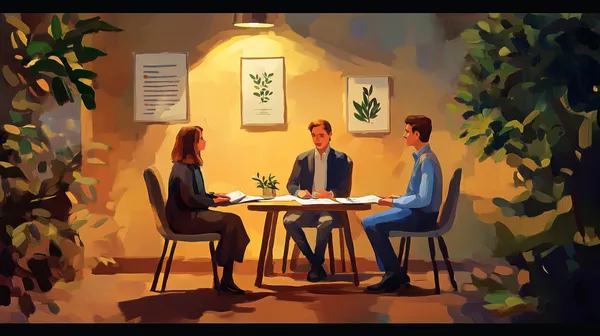Got Questions About Collaborative Divorce in Austin?
Get Straight Answers from the Experts
Your Family Deserves a Healthier Divorce. Explore the Collaborative Divorce Option with Cristi Trusler.
schedule a time to talk →
Your Family Deserves a Healthier Divorce. Explore the Collaborative Divorce Option with Cristi Trusler.
schedule a time to talk →
Considering collaborative divorce? Wondering how it differs from traditional litigation? There's a better way. Listen to this collaborative divorce playbook to discover:

Learn how to create a realistic post-divorce budget, prioritize expenses, and take control of your finances for a brighter future.

Learn how collaborative divorce can help couples fairly divide assets and debts, promoting open communication and minimizing conflict during property division.

Explore the role of financial neutrals in collaborative divorce, including asset inventory, equitable division, and informed decision-making.

Explore why collaborative divorce is an ideal option for couples looking to end their marriage respectfully and amicably.

Learn about the collaborative divorce process in Austin, its benefits, and how it can help you achieve a more amicable and efficient divorce resolution.

Discover the essential questions to ask when hiring a collaborative divorce attorney. Ensure you find the right legal representation for your needs.